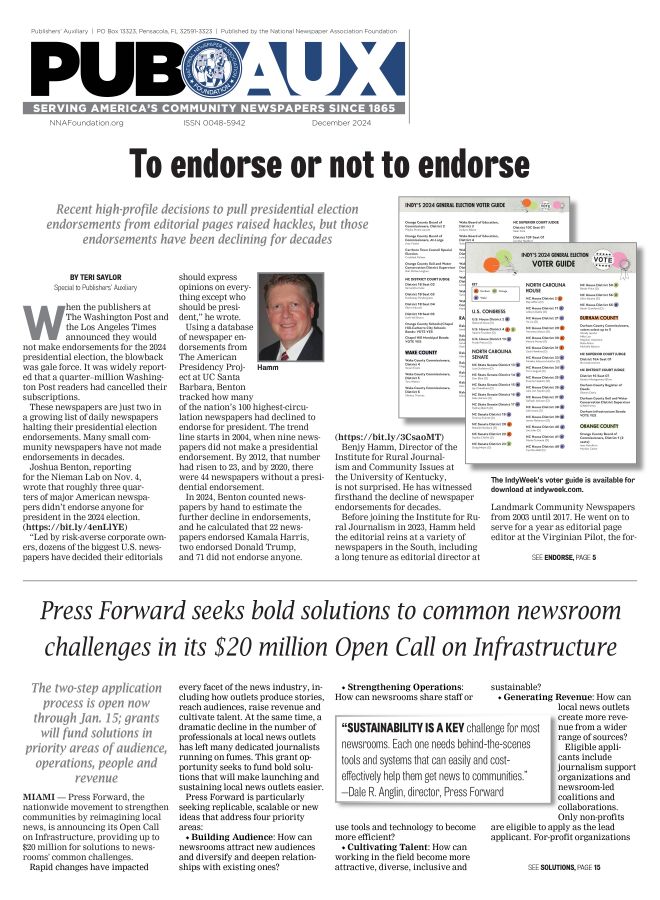Welcome to college, where religious freedom goes to die
Sep 25, 2014
By Charles C. Haynes
Inside the First Amendment
In the Orwellian world of many college and university campuses, all faiths are welcome — but some faiths are more welcome than others.
Just this month, for example, California State University (CSU) “derecognized” InterVarsity Christian Fellowship, an evangelical student organization with more than 900 chapters at colleges and universities across the country.
In plain English, this means InterVarsity will no longer be a recognized student club at any of the 23 schools in the CSU system.
InterVarsity can still meet on campus — but minus the benefits accorded recognized student organizations, including access to meeting rooms and official university events.
Not only will InterVarsity now have a difficult time reaching students, an InterVarsity spokesman estimates that losing these benefits will cost each chapter up to $20,000 annually.
De-recognition of conservative religious groups is happening at many other schools, an exclusionary process that is affecting student organizations representing evangelicals, Mormons, Catholics and others.
Why are colleges and universities — places of higher learning supposedly committed to the free exchange of ideas and beliefs — withdrawing recognition from these groups?
For one simple reason: InterVarsity and other conservative religious clubs require student officers to affirm the faith of the group they lead.
College and university officials argue that their non-discrimination policies prohibit student organizations from imposing a faith-based requirement for leadership. Any student must be eligible to lead any group — whatever his or her beliefs.
In other words, in what can only be described as Newspeak, many universities now define “non-discrimination” as requiring discrimination against conservative religious groups.
But aren’t policies barring student clubs from imposing faith-based eligibility criteria for leadership unconstitutional violations of religious liberty and freedom of association — at least at public universities where the First Amendment applies?
Not according to the U.S. Supreme Court. In 2010, a deeply divided Court held in Christian Legal Society v. Martinez that so-called “all comers” policies are constitutional. As a result, public colleges and universities are now free to require all student clubs to allow any student to be eligible for leadership of the group.
Since that ruling, Intervarsity and other conservative Christian organizations have been “derecognized” at a growing number of public universities. And some private universities have invoked the reasoning behind the High Court’s decision to defend their exclusion of some religious groups from recognition.
Students of faith on many campuses are now faced with the cruel choice of either compromising their faith by permitting any student to be eligible for leadership (which often includes leading worship and scripture study) or following their conscience and losing the benefits of being a recognized student club.
The move toward “all comers” policies directed at conservative religious groups has been triggered by what many perceive as a clash between religious claims and LGBT rights — a clash that is, of course, at the heart of many other culture war battles today.
Until this culture war fight erupted, few questioned the reasonableness of allowing the Republican club to require that their leaders be Republican or the environmental club to require that their officers be environmentalists.
But the growing commitment of colleges and universities to ensure non-discrimination for LGBT students — a commitment I strongly applaud — has been accompanied by a backlash against those religious groups whose views on sexuality are reflected in their requirements for leadership.
It should be underscored that such faith-based requirements are not aimed at excluding LGBT students from leadership roles, but rather intended to ensure that whomever is selected to lead the club — a form of ministry — adheres to the core convictions of the faith.
In response to the de-recognition and exclusion of student clubs like InterVarsity, a number of states — including North Carolina, Idaho, Virginia and Ohio — have enacted laws ensuring that student groups at public universities have the right to adopt eligibility criteria for its officers consistent with their religious beliefs.
But it shouldn’t take legislation to get colleges and universities to uphold religious liberty and freedom of association by creating an open and welcoming environment for a broad range of beliefs and faiths.
When colleges and universities enforce “inclusion” by excluding some religious voices, they cripple the spirit of free inquiry and robust debate that should be at the heart of their mission. The “marketplace of ideas,” it should be remembered, is not confined to the “marketplace of ideas we like.”
Charles C. Haynes is director of the Religious Freedom Center of the Newseum Institute, 555 Pennsylvania Ave., N.W., Washington, DC 20001. Web: www.newseuminstitute.org/religious-freedom-center Email:chaynes@newseum.org







